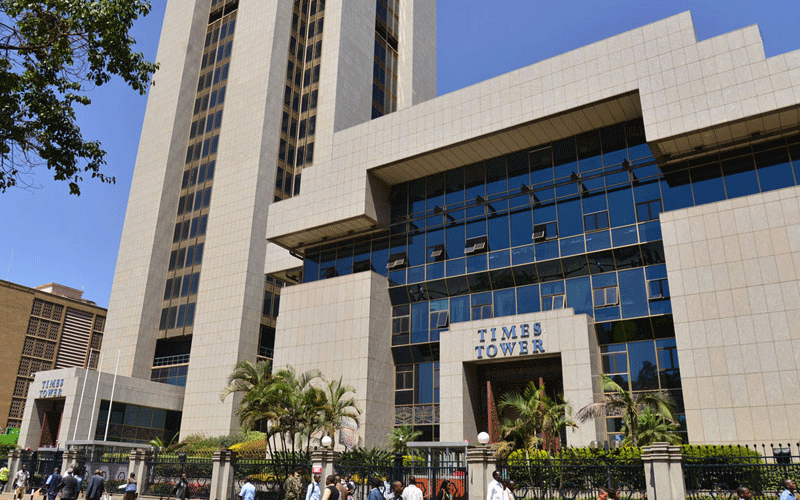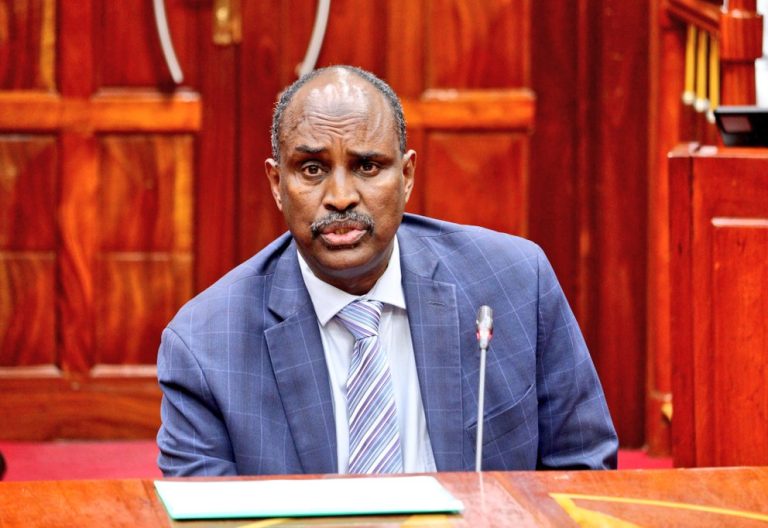The ball is now in Safaricom’s corner

The entry of Safaricom into the mainstream Ethiopian telecommunications sector is officially done in a deal billed as one of the biggest corporate coups in sub-Saharan Africa.
Having been issued the trade licence, a Safaricom-backed consortium will officially start operations in the Horn of Africa nation next year where it will spend more than Sh864 billion in 10 years, making it the largest Foreign Direct Investment (FDI) deal in Ethiopia’s history.
Having ventured into a country that has only recently decided to privatise its telecommunications sector, the timing is ideal, and a vote of confidence for Safaricom, which is among the local pioneers in the sector.
The deal must be seen as a game-changer on various fronts. It helps debunk past narratives that we must depend on the West or Asia for FDI or even technology solutions.
Indeed, this goes to show that Africa can leverage itself and grow a mega economy like our forefathers dreamt of, driven by its own resources and ideas.
Safaricom and team must, therefore, deliver and as President Uhuru Kenyatta told Ethiopians during the ceremony, the move will transform their country by positively impacting the 112 million population economy.
Leveraging the experiences in Kenya over the years your bet is as good as mine.
Having liberalised the sector, the Ethiopian government should open up more opportunities for mobile money services, as part of its ongoing telecommunications transformation.
Financial services are key in addressing societal gaps which open up opportunities for the underprivileged to participate fully in economic development.
This way, they would see the introduction of the award winning M-Pesa service in the market, a move that could boost the country’s economy and widen access to financial services.
These linkages could see Safaricom partners such as NCBA’s M-Shwari and others taking their services to Ethiopia.
Alongside provision of robust voice and data services, Safaricom could help Ethiopia generate over 1.5 million new job opportunities for its citizens, which will also see qualified Kenyans provide services abroad while opening further opportunities at home.
It would help Kenyan investors to note that firms are becoming bullish and are attempting to capture regional markets beyond the East African Community.
Equity Bank’s recent entry into Congo is a case in point. It is, therefore, up to the government to continue supporting such firms to ensure that they help the country grow internationally.












